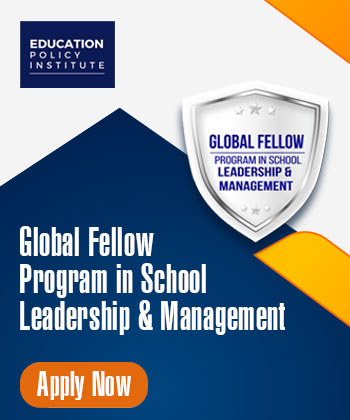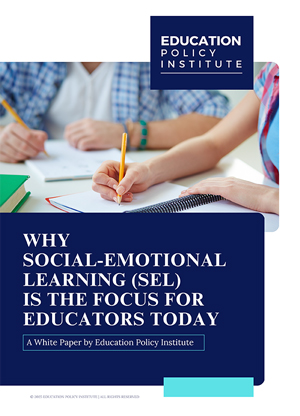Around the world, employers are voicing the same concern: too many graduates are unprepared for the demands of work.
Nearly 90 percent of today’s workforce will require reskilling or upskilling by 2030. Left unresolved, the global skills gap could cost the economy up to US$15 trillion in lost output. Governments are pressing universities and HR leaders alike to bridge this divide. At the heart of this conversation lies a simple but urgent question: What assurance do students have that the years they invest in education will translate into real-world competence and opportunity?
For decades, accreditation has been higher education’s most important trust signal. Students rarely choose a university based on accreditation status alone, but its presence underpins their decisions. It tells them that their degree will be recognized abroad that their institution meets standards of fairness and accountability, and that the curriculum is aligned with professional expectations. In a crowded marketplace of digital programs, micro-credentials, and new providers, accreditation serves as a filter, separating credible institutions from uncertain alternatives.
What is changing today is the function of accreditation itself. Once perceived primarily as compliance, accreditation is evolving into a mechanism for continuous improvement and innovation. Frameworks are being updated to ensure programs integrate emerging technologies, emphasize employability outcomes, and require regular engagement with industry partners. Students may not see the internal processes, but they feel the results in the quality of teaching, the relevance of coursework, and the opportunities that follow them into the job market.
Accreditation also reinforces integrity across the student experience. Institutions undergoing review must demonstrate transparency in their policies, collect and act on feedback, and evaluate programs regularly against measurable outcomes. These practices create an environment of accountability that fosters trust not only during student admissions but well beyond graduation. Alumni who see their institution maintaining these standards are more likely to remain loyal, contribute as ambassadors, and strengthen the institution’s reputation in return.
Alongside accreditation, digital credentials and professional certifications are becoming indispensable. Employers increasingly want proof of competencies, whether in coding languages, data analytics, or leadership, beyond the degree. Digital badges and certifications make these skills visible, portable, and verifiable. Industry surveys suggest that most HR leaders prefer graduates who hold such credentials alongside their degrees. When students graduate with both an academic qualification and a recognized credential, their trust in education is strengthened. They know their skills can travel, and employers know those skills have been tested against global benchmarks.
The convergence of accreditation and credentialing signals a new compact in higher education. Accreditation ensures that institutions operate with rigor, relevance, and accountability. Certifications and digital credentials provide individuals with tangible evidence of their abilities and skills. Together, they form an engine of trust that reassures students their education is more than a credential, it is preparation for meaningful work and lifelong employability.
If the skills gap is to be closed, students must be confident that their investment in education translates into opportunity. Accreditation and credentialing, when designed with care and executed with integrity, can deliver on that promise. For universities, the imperative is clear: accreditation is a foundation of trust for students, employers, and societies navigating the uncertainty of the future of work.
Author Bio:
Latest
Trends blogs
- From Vision to Impact: Closing the Gender Gap in STEM Education
- Automation, Artificial Intelligence, and the Future of Human-Centered Education
- Mid-Career Education in a Changing Labor Market
- The Next Phase of STEM Education: The Role of Artificial Intelligence in Classroom Curricula
Focus blogs
- Embedding Social-Emotional Learning within Classroom Environments
- Higher Education Innovation: The Strategic Role of International Partnerships
- Research-Driven Education: Strengthening Strategies, Policies, and Classroom Practice
- Professional Certifications for Career Growth: What Students and Young Professionals Need to Know






